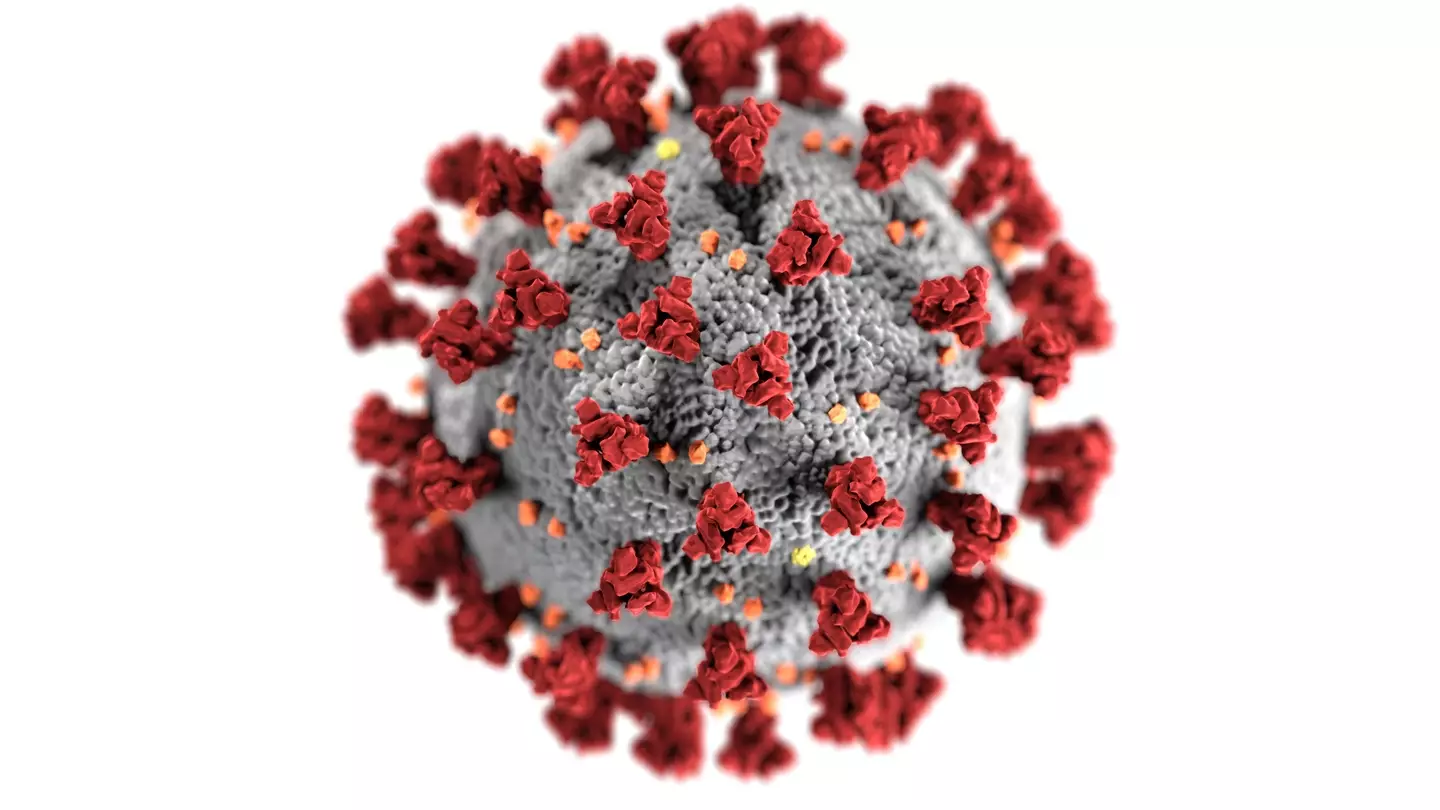
Science is cool. Want proof? Researchers have turned a genetically modified strain of herpes into a cancer-busting treatment.
RP2 – a new version of the herpes virus - was found to be effective at combating cancer in a quarter of the patients it was tested on.
The success observed in early clinical trials is super promising, with the genetically modified virus delivering powerful results against advanced cancers.

Advert
Patients who took part in the trial had a variety of cancers - including oesophageal, skin, head and neck - and they had all exhausted other treatment options.
The findings were presented at the 2022 European Society for Medical Oncology Congress (ESMO).
Kevin Harrington, the study leader, said RP2 delivered a ‘one-two punch against tumours’.
Harrington, Professor of Biological Cancer Therapies at The Institute of Cancer Research, explained in a statement: “Our study shows that a genetically engineered, cancer-killing virus can deliver a one-two punch against tumours – directly destroying cancer cells from within while also calling in the immune system against them.”
Harrington also emphasised how rare such good response rates are in early-stage clinical trials, which mainly ascertain the safety of a new treatment.
He also pointed to the fact that many of the patients’ previous treatments had stopped working.
Harrington continued: “Our initial trial findings suggest that a genetically engineered form of the herpes virus could potentially become a new treatment option for some patients with advanced cancers – including those who haven’t responded to other forms of immunotherapy.
“I am keen to see if we continue to see benefits as we treat increased numbers of patients.”

The trial, which is ongoing and currently in phase one, is sponsored by Replimune - the drug’s manufacturer - and is designed to test RP2’s safety and optimal dosage levels as well as its effectiveness at shrinking tumours.
The genetically engineered herpes virus is injected directly into tumours and has a dual action effect.
Once inside the cancer cells, the virus multiplies and bursts them from within while also blocking CTLA-4 - a protein that inhibits the immune system.
Harrington and his team at the Institute of Cancer Research and the Royal Marsden NHS Foundation Trust used the virus alone in nine patients and in combination with the immunotherapy nivolumab in another 30.
Three of the nine patients injected with RP2 alone saw their tumours shrink, and one person’s tumours disappeared completely. That person remains cancer free to this day.
If you have a story you want to tell, send it to UNILAD via [email protected]